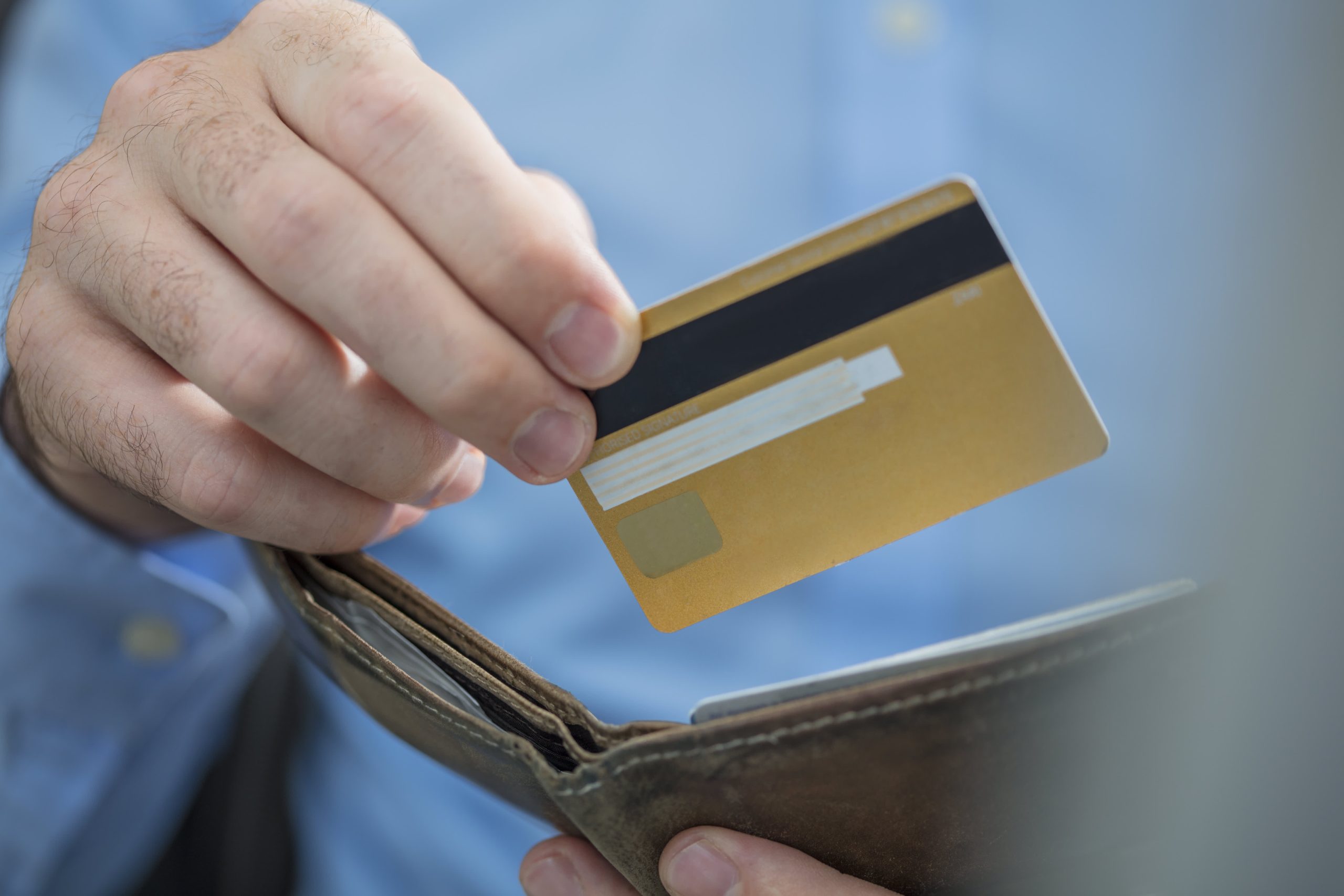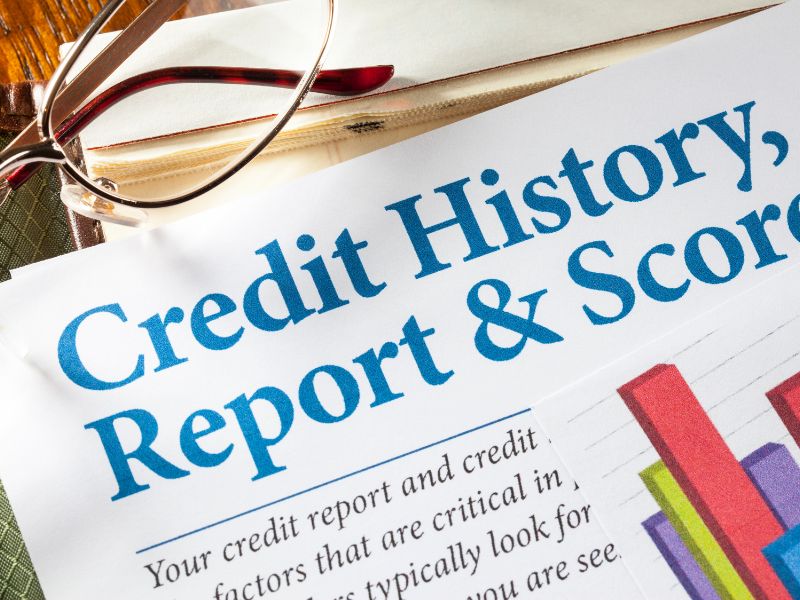
Collaboration with Anne Davis


If you’re just beginning to think about the importance of credit, you may be wondering how to build a good credit score for yourself. While you may have been warned about misusing credit cards and installment loans, they can be used responsibly as tools for building your credit. Learning more about these two financial tools will help you determine if one is right for you.
Can Installment Loans Build Credit?
Whether an installment loan can be used to build credit depends on whether the lender reports to the credit bureau. Many don’t, so it’s important to ask ahead of time. However, keep in mind that any lender reports late and delinquent payments, so it’s important to maintain timely payments in any case. Just as a history of on-time payments can strengthen your credit score, just one late or missed payment can harm it.
Fortunately, your credit score can be influenced by your payment history in a positive way. If you haven’t established credit yet, you can use an installment loan to help you build a positive credit rating. By taking out installment loans with monthly payments, you can create a pattern of timely payments. While your payment history isn’t the only thing to influence your score, it is a good way to build a solid credit rating.
You can create a longer pattern of positive repayments by taking out loans consecutively and repaying them, but you must be sure you’ll be able to make each payment. One late or missed payment will adversely affect your score and you’ll go from having no credit to a poor credit rating. If you’re using an installment loan as a credit-building tool, be sure you don’t make your situation worse with a bad loan.
Use Credit Cards the Right Way
When learning how to establish a good credit history, many students are warned against getting credit cards at all. This is because many college students misuse them and end up destroying their credit ratings before they ever really establish themselves. The first rule of using a credit card responsibly is to avoid using it to make big purchases. This is not free money that will help you get big-ticket items that you really want. The only time you should consider making a major purchase with your credit card is in an emergency. For instance, you’re stranded in the middle of nowhere with a flat tire and no spare. In that case, using a credit card to buy new tires may be your only alternative.
This doesn’t mean you should never use your credit card. Your credit rating is established by evaluating how you repay your debts, so not using your credit card at all can be just as harmful. It’s best to make small purchases that you can repay within the same billing cycle. Once you allow a balance to be carried over into the next billing cycle, you’ll be paying high interest which can lead you into a bad situation. Over time, you may only be paying off the interest, while your debt remains unchanged. This, in itself, is enough to lower your credit rating.
In some cases, credit cards and installment loans can be used to help you build a strong credit score. as long as you use these tools responsibly, they can help you create a good, strong credit profile. Later, when you need to buy a home, a new car, or take out a student loan, you’ll have the credit to help you get approved at a lower rate of interest.